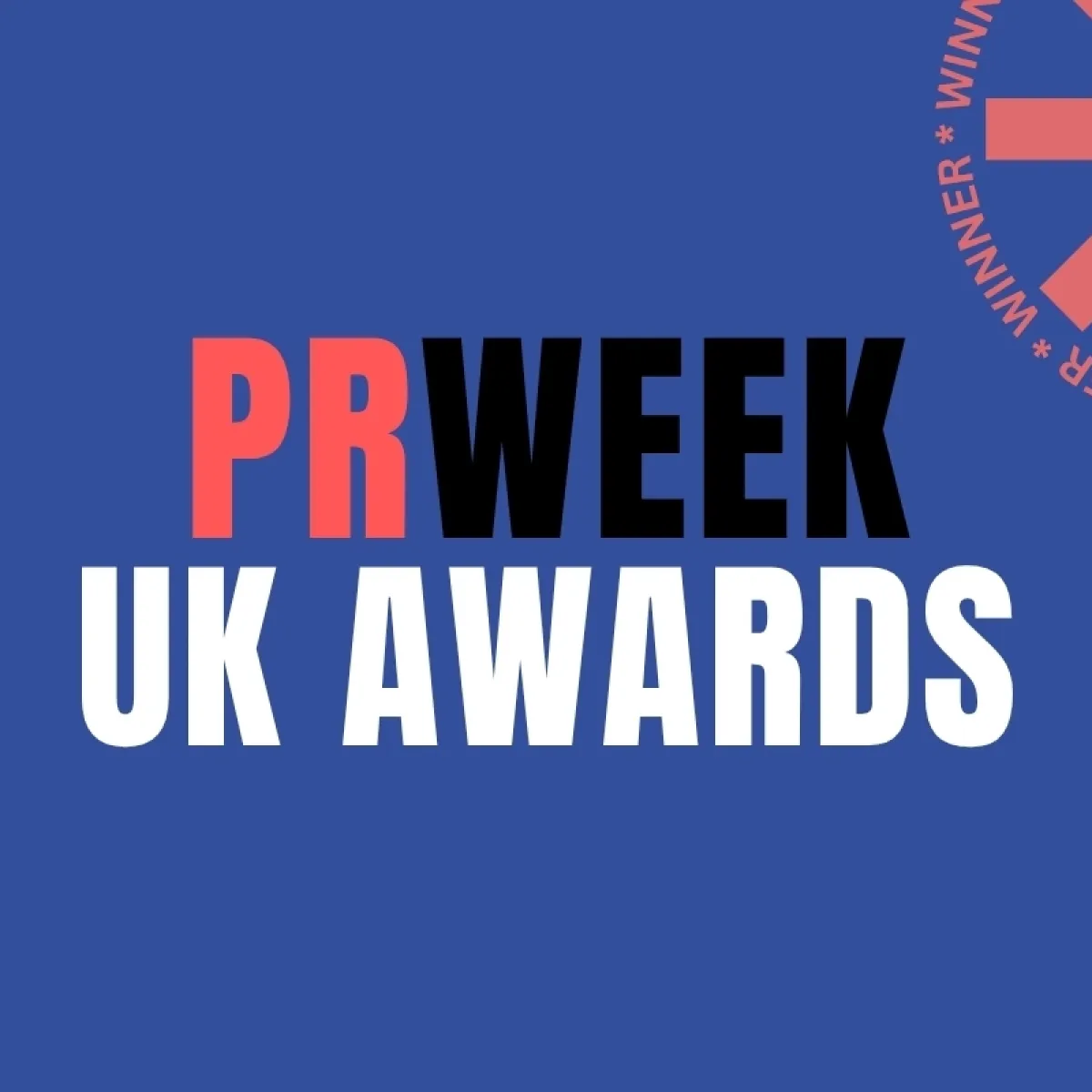This website uses cookies. Learn more
Connecting with your community during the pandemic
From joining ‘clap for carers’ on Thursdays, to shopping for vulnerable neighbours at the weekend, millions of Britons have discovered a new connection to their community during the pandemic.
Authored by Adam Baines and Louise Gardiner-Hill
A poll published by ICM in March found that almost three times as many people said Covid had made their community more united (41%) versus those saying it had become more divided (13%).
As Jan Levy of Three Hands explained in February at Lansons’ Internal Communications Forum, the Charity sector is suffering from the ‘scissor effect’. Impacted by a spike of demand during the pandemic, 89% of charities predict that numbers of service users will be stable/ rise in 2021, while 78% say their income will either drop or at best remain stable.
Can businesses help?
Yes, but not using the old, pre-pandemic approach. According to original research by Three Hands, there is a fundamental disconnect at the heart of many corporate volunteering programmes. Organisational volunteering often involves employees being given designated time to help community organisations to complete small projects (typically unskilled manual work). This model accounts for 61% of all volunteering offered to charities – but unskilled volunteering is very low down their priority list. In fact, this model of time-intensive volunteering often burdens the charity, rather than supporting it.
So, in a Covid world, how can a CEO support his or her community with ‘smart volunteering’?
By understanding what is really needed. When asked about their top two areas of need around employee volunteers, 51% of charities want companies to share their business skills, and 46% want pro bono support from professionals. Much of this skills-based volunteering can now be done online too.
It’s time to rethink your volunteering approach. What is your Head of Strategy doing … your Head of Ops… your Head of People? They’re using the two days paid volunteering time you gave them to support a local charity – and connecting your business with its community.
Stay in the loop with our experts




New Business: to find out how we can help you, contact our dedicated new businesss team consultancy@lansons.com
Careers: we’d love to hear from you, please visit our careers hub











